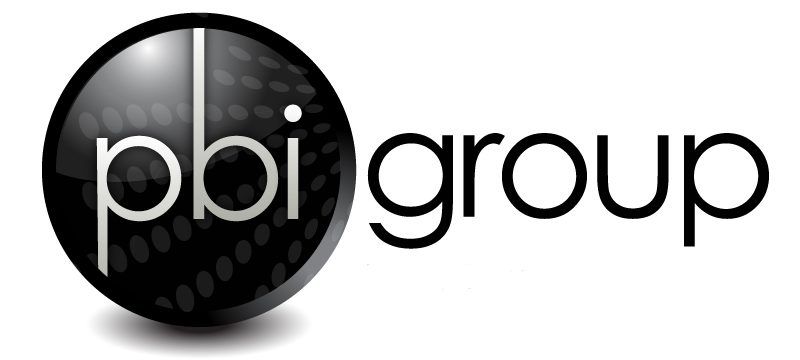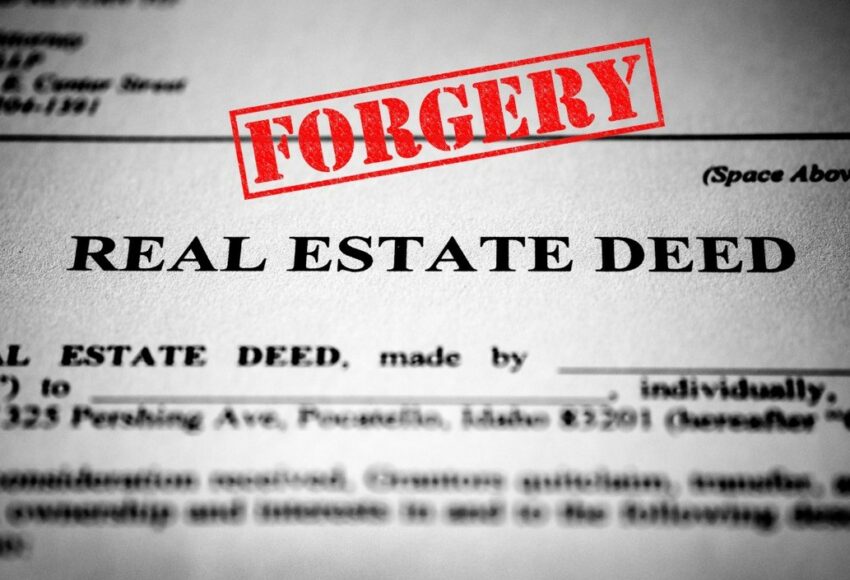Real estate professionals are bound by a range of duties, including certain obligations when those professionals sell agent-owned property or serve as dual agents and sellers of a property. Failure to uphold professional standards, such as in cases of breach of duty or breach of fiduciary duty, can result in expensive legal action and subsequent Errors & Omissions (E&O) insurance claims.
The Claim
On its face, the following claim example seems straightforward. Dissecting the particulars of the claim, however, reveal a complex set of circumstances, all revolving around the “hierarchy of risk” a real estate agent faces when selling agent-owned property and also serving in a dual owner/agent capacity.
A property in New Jersey was listed for sale in 2019. At the time, an interested party attended an open house of the home. The owner of the property was also a licensed real estate agent, and was listed as the agent of record for the home sale. As the owner of the property, the agent in the claim was also the individual who was responsible for renovations and repairs on the home prior to sale.
At the time of the open house, the owner stated to the interested buyers that the home was completely renovated. The interested buyers made an offer on the home, which was accepted by the owner. The property closed in the first month of January 2020. Upon taking possession of the home, the new buyers discovered a number of deficiencies, including significant damage to the roof, windows, and supporting structures of the home. The home buyers spent thousands of dollars and countless hours correcting the damage to the home.
After discovering the problems with the home, the new home buyers attempted to contact the owner/agent. There was no response. As a recourse, the buyers filed a legal claim for $20,000 plus punitive damages against the owner/agent and the agent’s real estate firm. In the claim, the plaintiffs allege:
- Breach of duty on the part of the agent.
- Breach of fiduciary duty on the part of the agent and real estate agency.
- Violations of the New Jersey Consumer Fraud Act.
The Hierarchy of Risk in Real Estate Transactions
Every real estate transaction comes with its own share of risks. Certain transactions, particularly those where a real estate agent is also the owner of the property, face ever-increasing risks – layered or hierarchical risks. In the case above, the hierarchy of risks for this case is as follows:
- Risk associated with selling a property to a third-party when the agent has no financial or personal connection to the property in question.
- Risk associated with selling a property, owned in whole or in part by an agent, where the owner is expected to know more about the property itself and any potential defects or damage present.
- Risk associated with “flipping” a property for profit after the agent-owner completes renovation; in this case, the agent/owner renovated the home and therefore is expected to have thorough knowledge of the condition and defects of the home. There exists a great potential for a buyer to allege that the property owner/renovator cut corners in order to maximize profits.
- Risk associated with selling a property when an agent or their spouse built the home from the ground up (called Construction/Development coverage in the E&O insurance space), suggesting deep and complete knowledge of every aspect of the home’s condition and defects.
In the case above, another risk presents itself within the hierarchy. The dual agent/owner was eligible to collect a commission on both sides of the real estate transaction, and was alleged to have neglected to disclose certain aspects in order to both close the deal and to collect the hefty commission.
What Went Wrong
The legal claim’s allegations go to the agent’s failure to adequately and honestly disclose issues with the home. As the agent was solely responsible for maintenance and renovation of the property before the sale, the agent clearly had knowledge of deficiencies, yet did not disclose them at any point during the sale transaction. In simple terms, failure to disclose issues was meant to keep the sale on track for the sole purpose of the agent obtaining a commission on the sale.
For E&O insurance claims purposes, a real estate professional selling agent-owned and acting in a dual agency capacity is always risky; such dual agency owned properties and acts by agents potentially open the door to claims of fraudulent activity. In this case, the agent knew about problems with the home, yet failed to disclose that information to the buyers. The claim is still working its way through a New Jersey court.
Interested in PBI Group generating an E&O insurance quote for your real estate agency? Click here.






